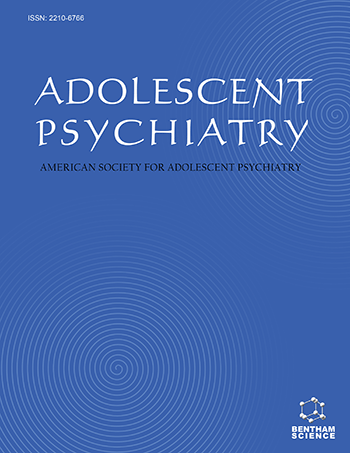Abstract
Background: In the last twenty years interest in the clinical implications of attachment theory has greatly grown. The perspective of attachment seems to be particularly relevant with regard to the study of adolescence, insofar as the restructuring of the self that occurs during this developmental phase can lead to different outcomes in accordance with the different attachment organizations. Also the psychotherapeutic process with the adolescent can be enhanced by the understanding of the adolescent’s development with respect to attachment, and therapy can be adjusted according to the attachment models of the adolescent’s relationships.
Method: In this paper I discuss the significance of this attachment- oriented approach to psychotherapy in adolescence, starting from utilizing an “attachment-based” model for the assessment of the adolescent. The administration of the Adult Attachment Interview (AAI) forms part of the assessment process.
Results: Such an assessment, focusing on the dimension related to the attachment patterns of the adolescent, highlights the conversational and narrative features, the prevailing defenses and the availability of reflective functioning in order to promote individuation. This methodology implies a focus also on the way attachment patterns operate in activating, from the very beginning, specific types of unconscious responses in the therapist.
Conclusion: The AAI is useful in the evaluation phase of clinical cases, before initiating therapy. In many cases the interview itself activates a process of reflection and reinterpretation of their past within the adolescent, which in turn that allows the establishing of a preliminary working alliance.
Keywords: Adolescents, assessment, attachment, psychotherapy.



























